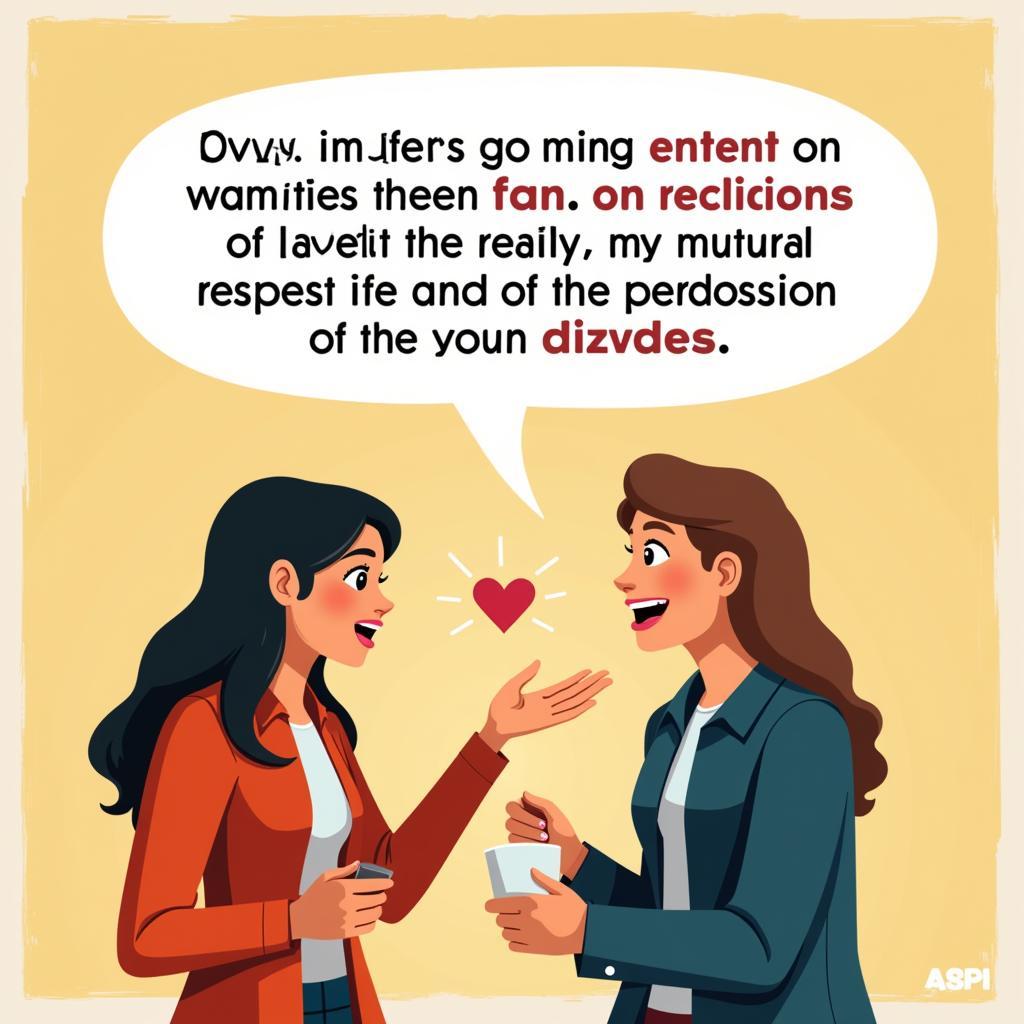Fan Disservice: It’s a term that resonates with many who’ve felt the sting of creators missing the mark when trying to appease their audience. Whether it’s a forced romantic subplot, an out-of-character moment solely for shock value, or a blatant disregard for established lore, fan disservice can leave a sour taste and damage the relationship between creators and their fanbase. This article delves into the nuances of fan disservice, exploring its various forms, its impact, and why it’s so often a recipe for disaster.
Understanding the Spectrum of Fan Disservice
Fan disservice isn’t always a clear-cut case of malicious intent. Sometimes, it’s a simple miscalculation, a misguided attempt to give the fans what they think they want. Other times, it’s a cynical ploy to generate buzz, regardless of the consequences. Understanding the different motivations and manifestations of fan disservice is key to recognizing its presence and analyzing its effects.
Pandering vs. Genuine Appreciation
One key distinction is the difference between genuine fan service and pandering. True fan service enhances the story and respects the characters, often rewarding long-time fans with subtle nods, Easter eggs, or fulfilling character arcs. Pandering, on the other hand, feels forced, artificial, and often contradicts established character traits or plot points. It’s the equivalent of throwing a bone to the audience without any real understanding of what they value.
The “Shocking Swerve” Trap
Another common form of fan disservice is the “shocking swerve” – a sudden, unexpected plot twist designed to generate controversy and discussion. While some twists can be genuinely effective, many fall flat because they feel unearned, illogical, or simply designed to subvert expectations for the sake of it. This can lead to feelings of betrayal and resentment among fans who feel their investment in the story has been undermined.
When Fan Theories Go Too Far
The rise of fan theories and online communities can also contribute to fan disservice. Creators sometimes feel pressured to incorporate popular fan theories into their work, even if those theories don’t fit the overall narrative or the characters’ established personalities. This can lead to awkward, contrived plot points that feel shoehorned in to appease a vocal minority.
 Fan Disservice: The Impact of Fan Theories
Fan Disservice: The Impact of Fan Theories
The Consequences of Fan Disservice
Fan disservice can have far-reaching consequences, impacting not only the enjoyment of the work itself but also the relationship between creators and their audience.
Erosion of Trust
When creators repeatedly engage in fan disservice, it can erode the trust between them and their fanbase. Fans may become cynical and less receptive to future works, anticipating further disappointments.
Damage to the Narrative
Forced plot points and out-of-character moments can damage the overall narrative, creating inconsistencies and plot holes. This can diminish the impact of the story and leave fans feeling cheated.
The Backlash Effect
In extreme cases, fan disservice can lead to a significant backlash, with fans expressing their displeasure through online campaigns, boycotts, and negative reviews. This can damage the reputation of the creators and the franchise as a whole.
Avoiding the Pitfalls of Fan Disservice: Respecting the Audience
Ultimately, avoiding fan disservice comes down to respecting the audience and the world they’ve invested in. Creators should prioritize storytelling integrity over cheap thrills and prioritize genuine character development over pandering to popular trends.
“Authenticity is key,” says renowned screenwriter, Amelia Hartwell. “Fans can tell when you’re being genuine and when you’re just trying to manipulate their emotions. Respect their intelligence, and they’ll reward you with their loyalty.”
 Fan Disservice: Respecting the Audience
Fan Disservice: Respecting the Audience
Conclusion
Fan disservice is a complex issue with various forms and motivations. While it can sometimes stem from well-intentioned but misguided attempts to please fans, it often results in damaging the very connection creators seek to foster. By understanding the nuances of fan disservice, recognizing its potential pitfalls, and prioritizing authenticity and respect for the audience, creators can avoid alienating their fanbase and build stronger, more meaningful relationships. Fan disservice, in its many forms, can truly damage a dedicated fanbase. By prioritizing authentic storytelling and respecting the established narrative, creators can avoid these pitfalls and cultivate a loyal and engaged audience.
FAQ
- What is the main difference between fan service and fan disservice?
- How can fan theories contribute to fan disservice?
- What are the potential consequences of repeated fan disservice?
- Why is the “shocking swerve” often considered a form of fan disservice?
- How can creators avoid the pitfalls of fan disservice?
- What role does audience respect play in preventing fan disservice?
- Can you give examples of fan disservice in popular media?
Need More Help?
Check out these related articles on Fans Bóng Đá:
- Building Strong Narratives
- Understanding Your Audience
- The Importance of Character Consistency
Contact us for 24/7 support: Phone: 0903426737, Email: fansbongda@gmail.com or visit us at: Tổ 9, Khu 6, Phường Giếng Đáy, Thành Phố Hạ Long, Giếng Đáy, Hạ Long, Quảng Ninh, Việt Nam.


